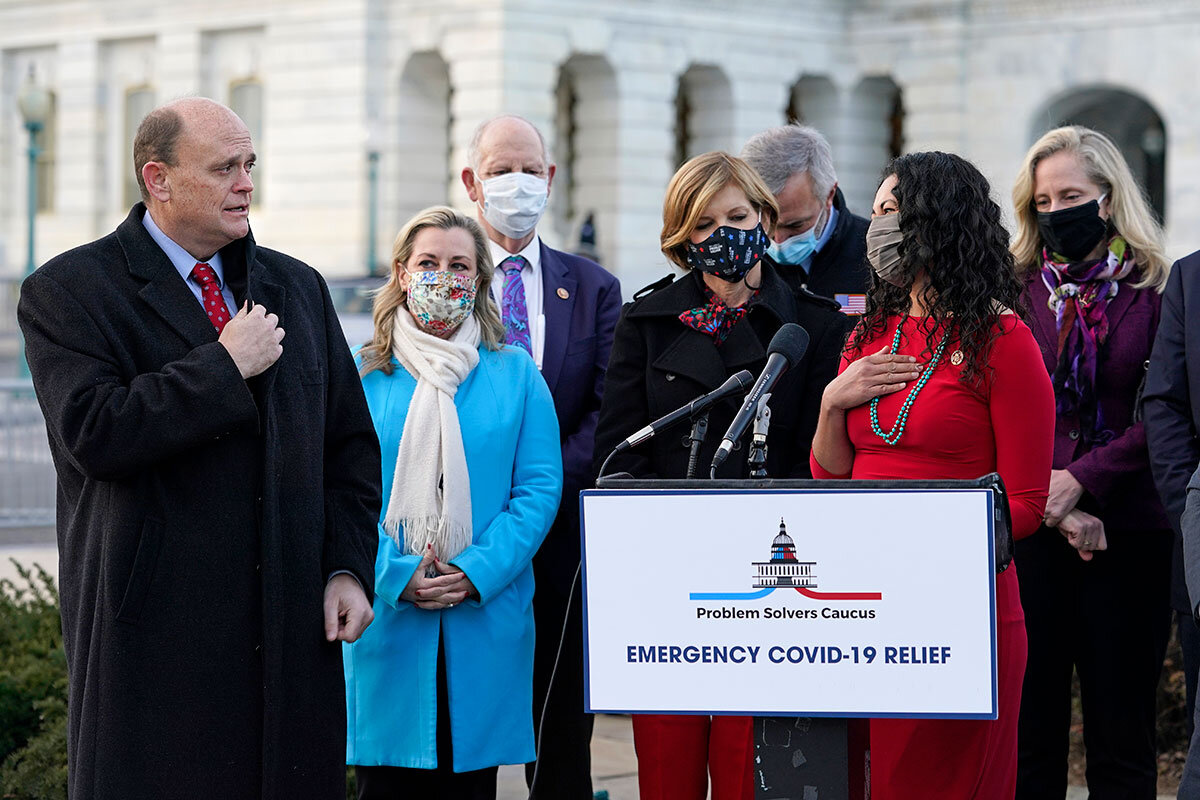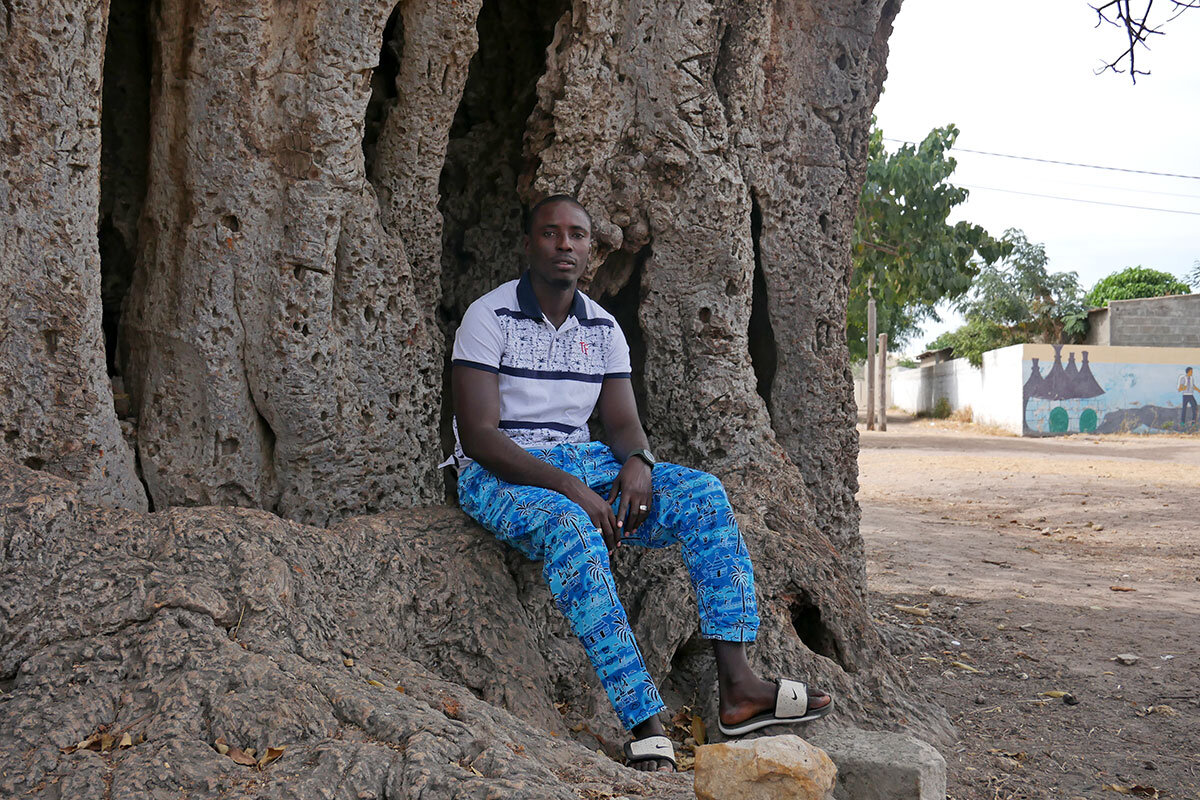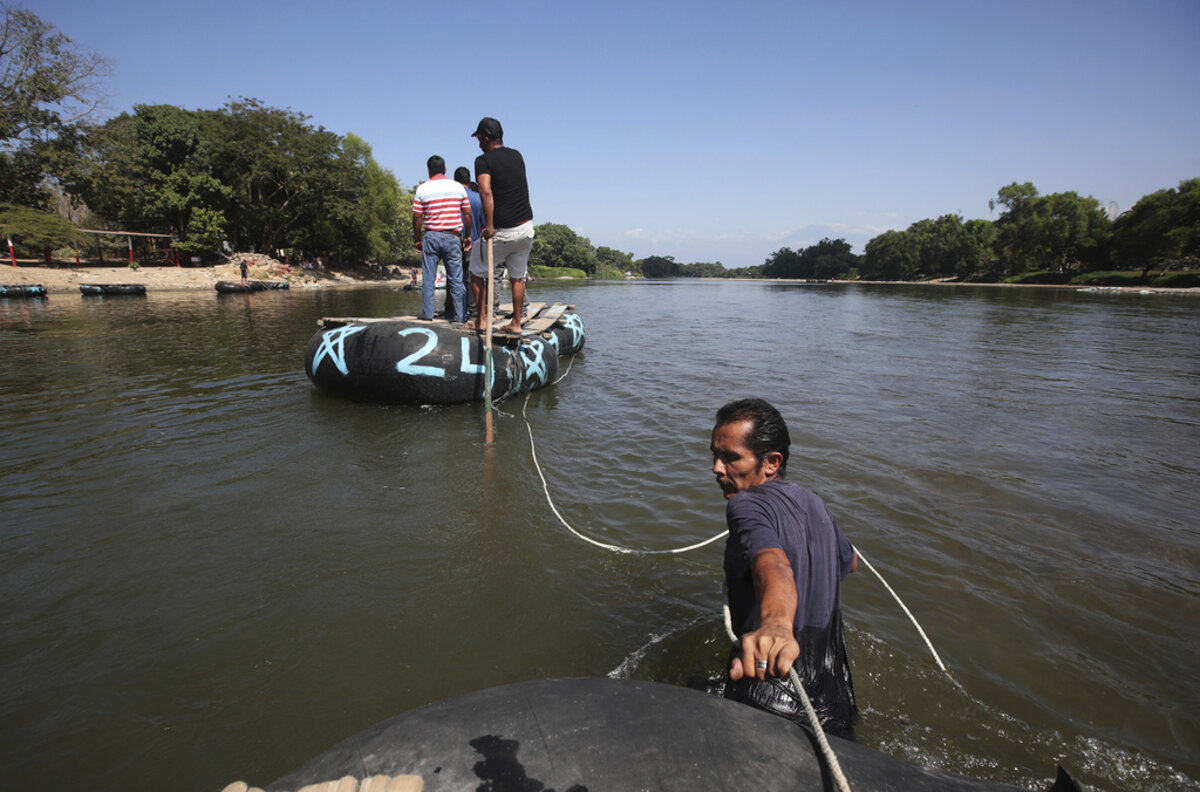Here’s one effort to do better: President Biden’s inaugural speech included calls for unity. What that would look actually like after the Jan. 6 siege is uncertain, but interviews with eight senators offer insight into what Mr. Biden’s message could mean in practice – and whether there’s the will to do it.
Monitor Daily Podcast
- Follow us:
- Apple Podcasts
- Spotify
- RSS Feed
- Download
 Husna Haq
Husna Haq
It’s been a year since the COVID-19 pandemic began, and we’ll be drawing lessons from it for years to come. Foremost may be the reminder, so eloquently put by youth poet laureate Amanda Gorman, that we get to choose how to emerge from challenges – bitter or better.
“We will not march back to what was but move to what shall be,” she proclaimed in her inaugural poem. “So let us leave behind a country better than the one we were left with.”
People are rising to the occasion in many ways: by supporting local businesses, reaching out to those remote schooling leaves behind, even spreading joy through opera and bhangra.
The coronavirus also laid bare where work is needed. It exposed deep inequalities as it hit Black and Latino communities disproportionately hard. It revealed holes in elder care and child care systems. The test now is to harness that knowledge to emerge with solutions – as 12-year-old Daisy Hampton did when she raised money to get laptops to students in need.
Like the pandemic, the Capitol riot also revealed our strengths – a resilient democratic system that resumed business mere hours after a violent siege – and our weaknesses, including deep and enduring polarization and a wave of white supremacy that must not be papered over in an effort to move forward.
We can view these tests as an opportunity to strengthen the values that see us through tumultuous times – compassion, resilience, and generosity – and to cast an unflinching gaze on how we can do better.










